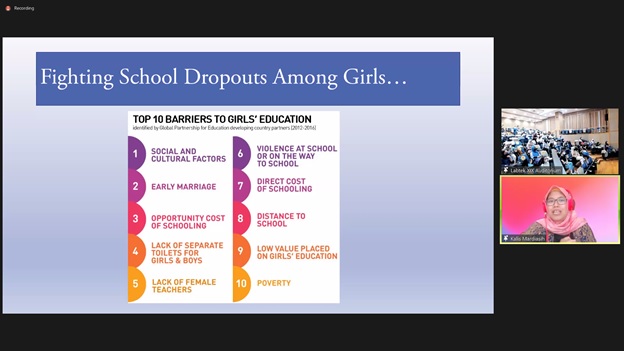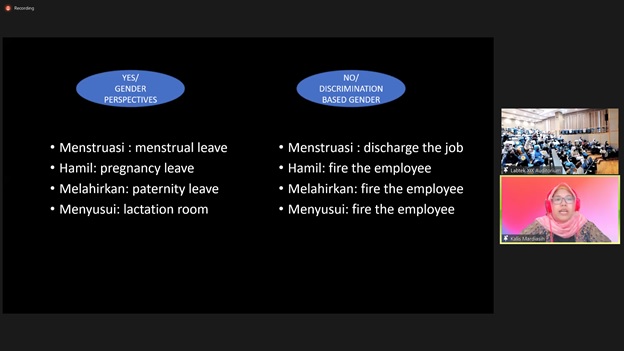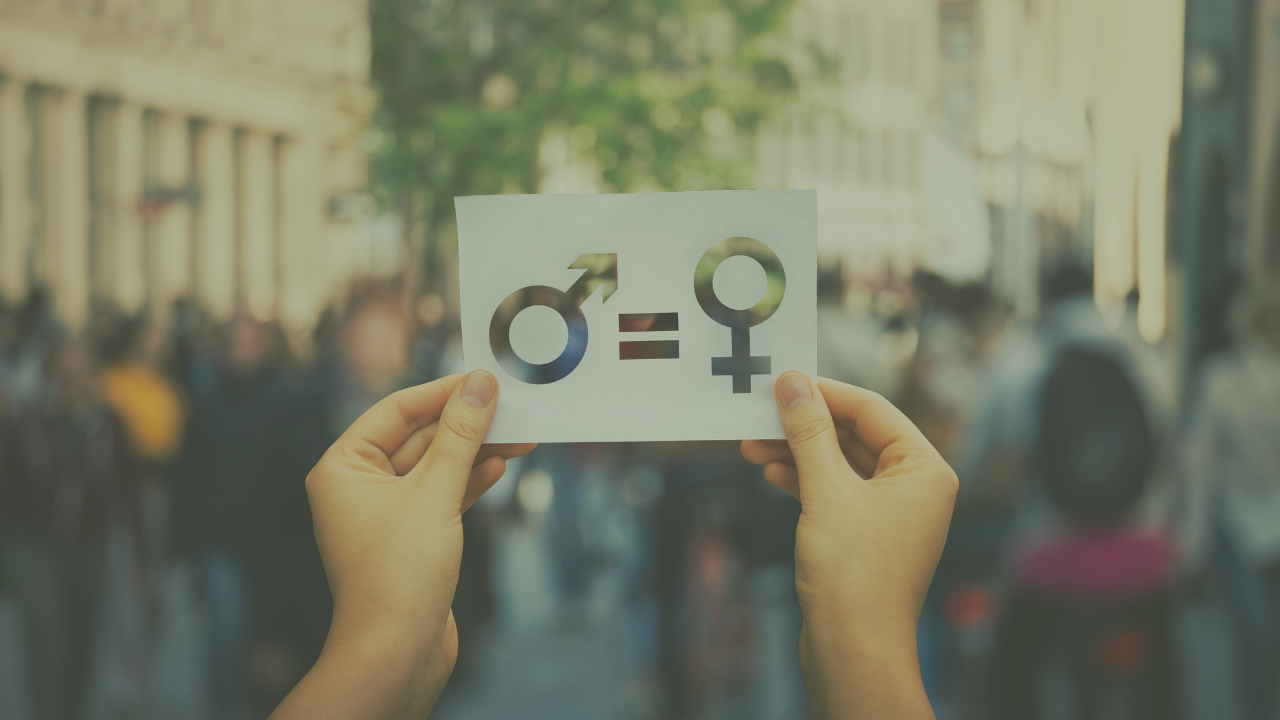On social media, many parties are discussing gender equality in Indonesia. However, is this issue relevant to be discussed nowadays?. SBM ITB responds to the issue of gender equality with a virtual guest lecture by Kalis Mardiasih, an author, opinion writer, and young Nahdlatul Ulama activist, Tuesday (19/4/2022)

“Many people have recognized and felt the emancipation of women. However, many women, especially children, do not have this opportunity. Girls, for example, are five times more likely than boys to be physically abused and 11 times more likely to be sexually abused, according to the statistics,” said a member of the National Secretariat of the Gusdurian National Network.
Not only physical and sexual violence but other social problems that arise in society can be identified. Child marriage, which can cause health problems and prevent access to education, female heads of household, and working women, are all subject to negative stereotypes embedded in people’s minds about women in their daily lives.
Today’s Gender Equality in Indonesia
Today, we should be grateful for the progress made in favor of women. For example, the revision of the Marriage Law regarding the minimum age of marriage protects girls so that they can continue to study. In addition, there are also the Act on the Crime of Sexual Violence (Undang-Undang Tindak Pidana Kekerasan Seksual / UU TPKS) enacted in April 2022, women’s empowerment and participation in legislative elections, as well as other formal rules and policies.
“Our future challenge is more than just a paradigm shift. However, there is also concern about implementing gender equality in Indonesia. We’re fighting for the same facilities and access so that women can continue to fight for their dreams,” Kalis explained.






